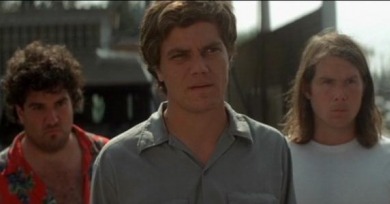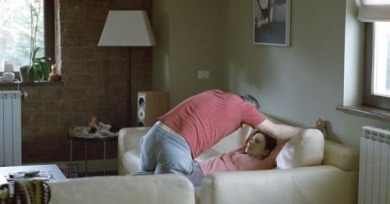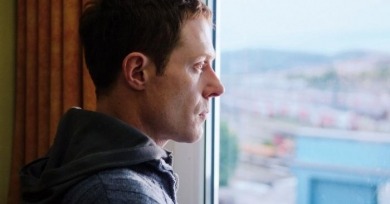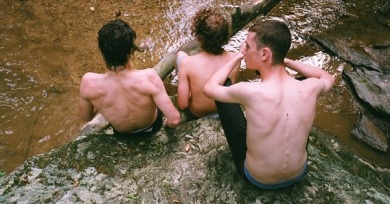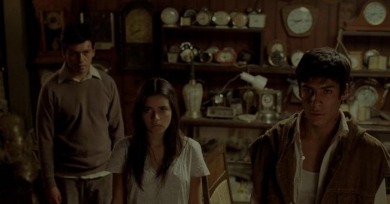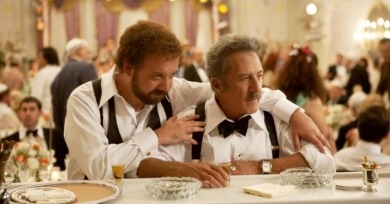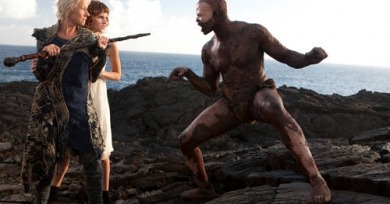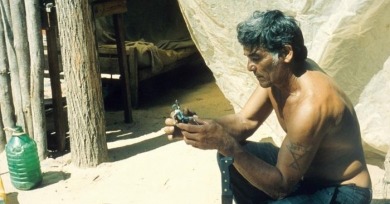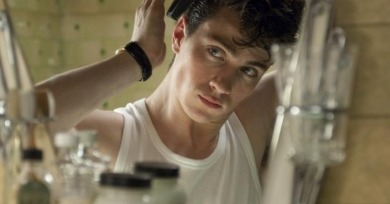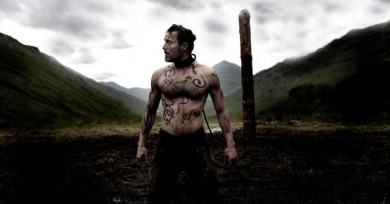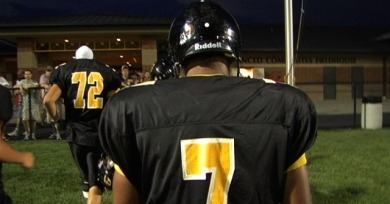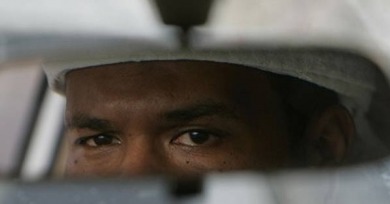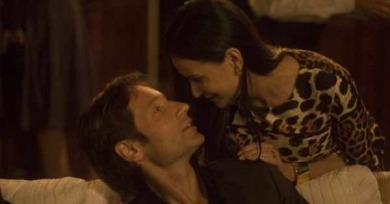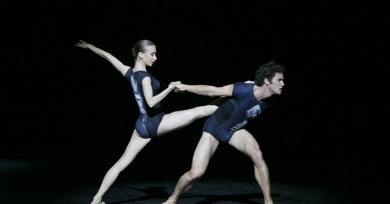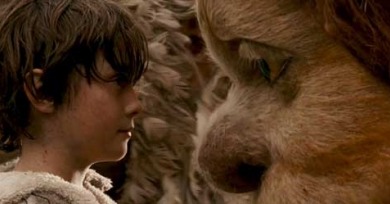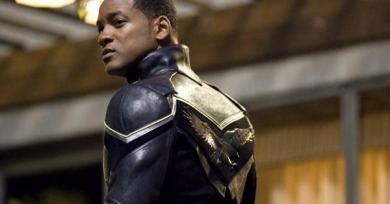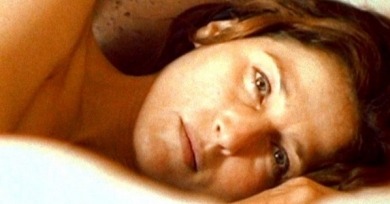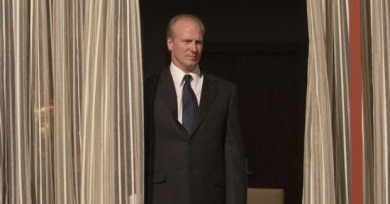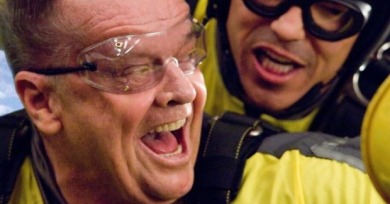Benjamin Mercer
’night, Mother and Shotgun Stories confront death on intimate scales, and for all their different concerns, both are domestic tragedies preoccupied with housekeeping, or a lack thereof.
None of Romanian filmmaker Radu Muntean’s films have yet seen commercial release in the U.S., but he’s one of his country’s most accomplished realists.
The Robber is a rare urban survival story less preoccupied with social issues than the human body and its physical limits.
A hybrid fable about the cosmic interconnectedness of all things and a document of rural daily existence, Italian director Michelangelo Frammartino’s beguiling Le Quattro volte (The Four Times) presents life as cycle and the earth as circuit.
The first time a character utters the word “Baltimore” in Matthew Porterfield’s Putty Hill, it is as an explanation, or rather an excuse, for why a 24-year-old named Cory died of a heroin overdose.
Perhaps this emotionally piecemeal approach is meant to emphasize Mexico City as a place divided up, factionalized, of discrete interests constantly at odds with each other.
It sounds like proudly madcap indie quirk, but it isn’t quite that. It is something that’s occasionally altogether bracing, and Barney’s Version is at its best when, as in the above described wedding scene, its main character’s incorrigibility seems to have permeated his entire surroundings.
Julie Taymor is a filmmaker fascinatingly, infuriatingly at odds with herself. Each of her four features contains an essential, somewhat patronizing, gesture toward accessibility.
His films refuse the documentary classification by insisting on including fictional elements, and reject the narrative categorization by dropping hints concerning character and story only obliquely.
Nowhere Boy concerns the late adolescent years of John Lennon, his coming to rock and roll, and the formation of his first band, the Quarrymen, but it’s not so much a music film as a behind-the-music film, fashioning a handsome soap opera out of the iconic singer-songwriter’s biographical back catalog
Not long into Nicolas Winding Refn’s new Viking film, Valhalla Rising, the main character, the mute and mutilated One-Eye (Mads Mikkelsen), beheads an opponent with the rope that tethers the cyclopean brute to a post in the ground.
Occupying a strange zone between nostalgic homecoming and generalized snapshot of Middle America, Bill Ross IV and Turner Ross’s pleasantly lackadaisical documentary 45365 observes daily life in the brothers’ native Sidney, Ohio.
Though the title of Laura Poitras’s exceptionally well-made new documentary, The Oath, is in the singular, there are a number of solemn vows therein.
A middling satire that eventually sinks into unbearable melodrama, first-time writer-director Derrick Borte’s send-up of American consumer culture is expectedly bland.
La Danse: The Paris Opera Ballet, Frederick Wiseman’s 38th film in about as many years, and his second about dance (after 1995’s Ballet), begins with a series of shots of Paris, immediately establishing the renowned company as subject to the city’s daily grind.
It’s tempting to see Spike Jonze’s last film, Adaptation, about a screenwriter’s inability to find his footing in translating Susan Orlean’s The Orchid Thief, as a sort of anticipation of his missteps with Maurice Sendak’s ten-sentence bedtime classic Where the Wild Things Are.
In Hancock, the funny scenes are tagged with spry, staccato music that indicates when it’s okay to laugh; the scenes of straight-faced superheroism are set to a bombastic orchestral score that sounds like any other.
What’s different in Soderbergh’s digital work, and especially in Full Frontal, what gives it that distinctive quality of exposure, is that his characters’ self-examination is directed only toward deeper self-examination, and not necessarily toward a particular narrative end.
Vantage Point is pure fantasy, more concerned with churning out a satisfying resolution through narrative gimmickry than bearing out hows or whys. But as a mishmash of current political concerns, the film can’t help but seem exploitative.
This gloom is all quickly dispelled once Edward and Carter fully recover from their treatments and surgeries. They know they each only have roughly a year to live, but they don’t let that stop them from becoming unusually spry old men again.
